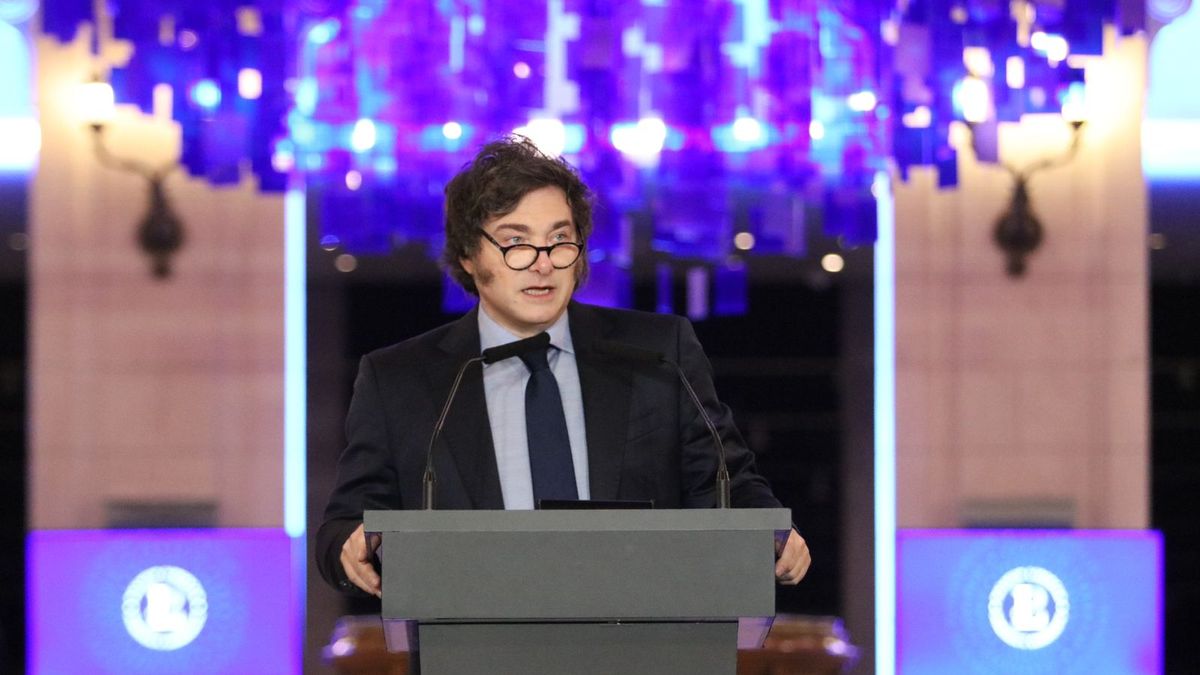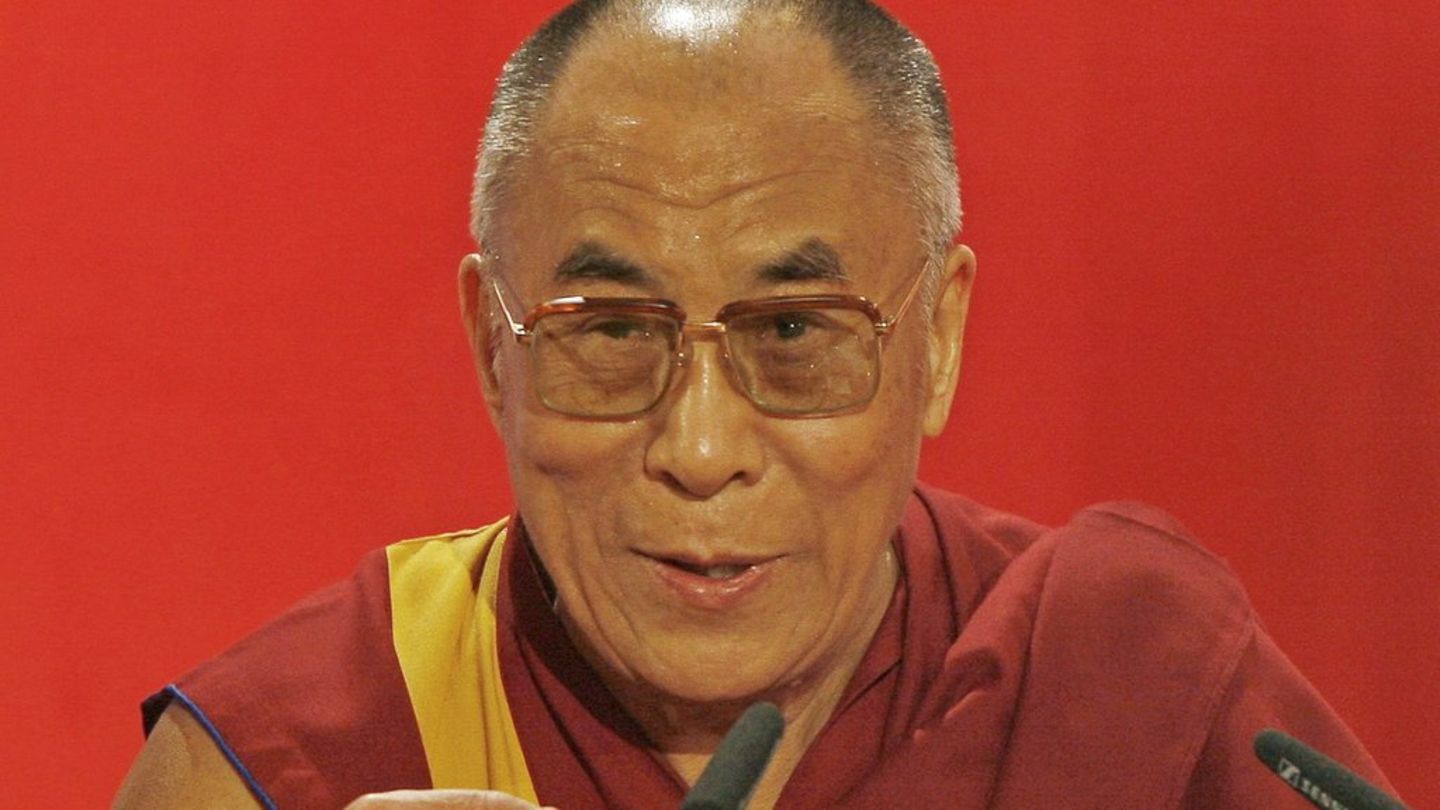The President’s Government Javier Milei plans to propose in Congress “the elimination of all state financing to political parties”, as he advanced to Scope a high fountain of the Casa Rosada.
The intention of the Executive Branch is “moving towards a model like the North American one” pointing out, as happens in the United States, that It is the party adherents who contribute with their own resources to maintain the structures.
In the environment of the president it is considered a necessary step “to make political expenses transparent” in line with “the battle against castes that we carry out.” The authorities plan to include this initiative within the framework of the debate on the budget for 2025 in Parliament.
It will be necessary to see how the legislators receive this proposal that It will surely generate a lot of controversy. In this regard, there is speculation in official media that A negotiation letter may be that the cut to the amounts allocated to political parties is used to increase the university budget.
As background, it is worth remembering that the Executive had already raised its intention to eliminate the PASO (last year’s cost 10,618 million pesos). However, days ago in radio statements, the Chief of Staff, Guillermo Francosacknowledged that “they don’t give us the numbers” in reference to the votes necessary in Congress to suppress the primaries next year.
Likewise, in government media it is commented that “Budget talks are going well” and it is hoped that it will finally be approved.
They add that, in relation to the retirementsthe Executive continues to reject the 8% recomposition proposed by other forces, but they also point out that “could be analyzed in the context of giving a one-time sum”. Official sources maintain that “everything is on the negotiating table” and that the official spirit is that “the items can be eliminated, reduced, modified, but never compromise the balance.”.
political spending
In the last approved budget, corresponding to the year 2023, the Ministry of the Interior was granted an item to Promote Democratic Development and Relations with the Community for 48.5 billion pesos, equivalent to about 164 million dollars of that year, at the rate of official change.
Currently, political parties have two sources of financing for their institutional and functional development and for the achievement of their activities. One is the public sector, through the regular contribution of the National State.
Law 26,215 (Financing of Political Parties) establishes that the national State must distribute money equitably among all alliances for the printing of ballots. For campaign activities, public funds are distributed according to 2 criteria: half is distributed equally among all fronts and the other half is allocated according to the votes that that front obtained in the last election for the same category. according to the Chequeado site.
Private
The second source of financing is private, through funds from its affiliates, donations or other own activities with the limitations established by law.
Among other restrictions, they cannot receive anonymous contributions or donations from national, provincial, binational, multilateral, municipal entities, among others. Nor can they receive funds from permit holders, concessionaire companies or service or public works contractors or suppliers of the Nation, the provinces, the municipalities or the City of Buenos Aires.
The National Electoral Chamber has a public platform in which all blank contributions are registered. However, specialists warn that in practice A good part of the campaign expenses come from informal contributions, both in money and in kind (such as lending a stadium for an event, for example), which do not appear in the reports submitted to the electoral Justice.
Source: Ambito
David William is a talented author who has made a name for himself in the world of writing. He is a professional author who writes on a wide range of topics, from general interest to opinion news. David is currently working as a writer at 24 hours worlds where he brings his unique perspective and in-depth research to his articles, making them both informative and engaging.




